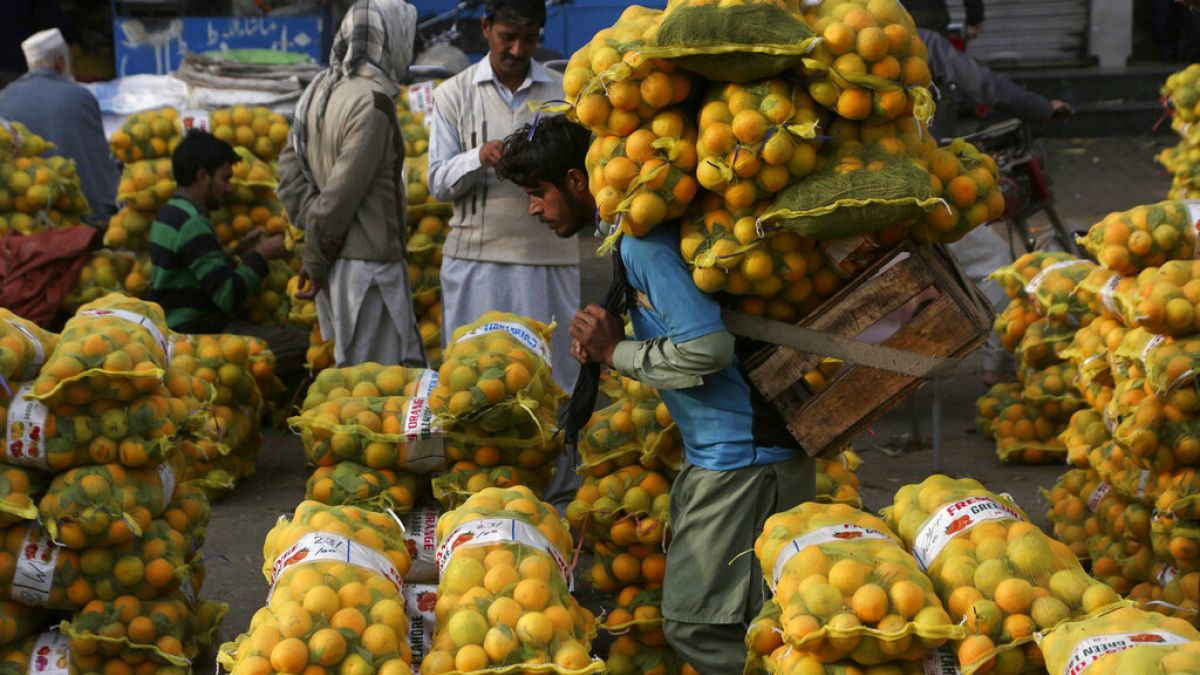One in eleven people globally and one in five in Africa faced hunger in 2023 due to conflicts, climate change and economic downturns, according to the UN.
The international community is far from its goal of eradicating hunger by 2030, according to a report by the Food and Agriculture Organisation of the United Nations (FAO).
Findings reveal that around 733 million people faced hunger in 2023, or one in 11 globally and one in five in Africa.
The report shows that the situation has been reversed by 15 years, with levels of undernourishment comparable to those in 2008–2009.
"Between 713 million and 757 million people are suffering from chronic malnutrition and facing hunger. That's the equivalent of one in 11 people going hungry in the world," said Maximo Torero, Chief Economist of the Food and Agriculture Organisation of the UN.
Regional trends vary significantly: hunger is increasing in Africa and Latin America, and remains stable in Asia.
"South America has highly developed social protection programs that enable them to target interventions so that they can effectively get out of hunger very quickly because it's effective," says Torero.
"We haven't seen that in Africa. We have found that they still do not have the institutional capacity to deliver a well targeted social protection program," explains the Chief Economist.
Food insecurity and malnutrition are worsening due to a combination of factors, including persistent food price inflation, conflict, climate change, and economic downturns, the report says.
It warns that if current trends persist, about 582 million people will be chronically malnourished by 2030, with half of them in Africa.
The report also stresses that access to adequate food remains difficult for billions of people. In 2023, around 2.33 billion people worldwide faced moderate or severe food insecurity, a number that has not changed significantly since a sharp rise in 2020 due to the COVID-19 pandemic.
Lack of affordable access to healthy diets also remains a critical issue, affecting more than a third of the world's population.













